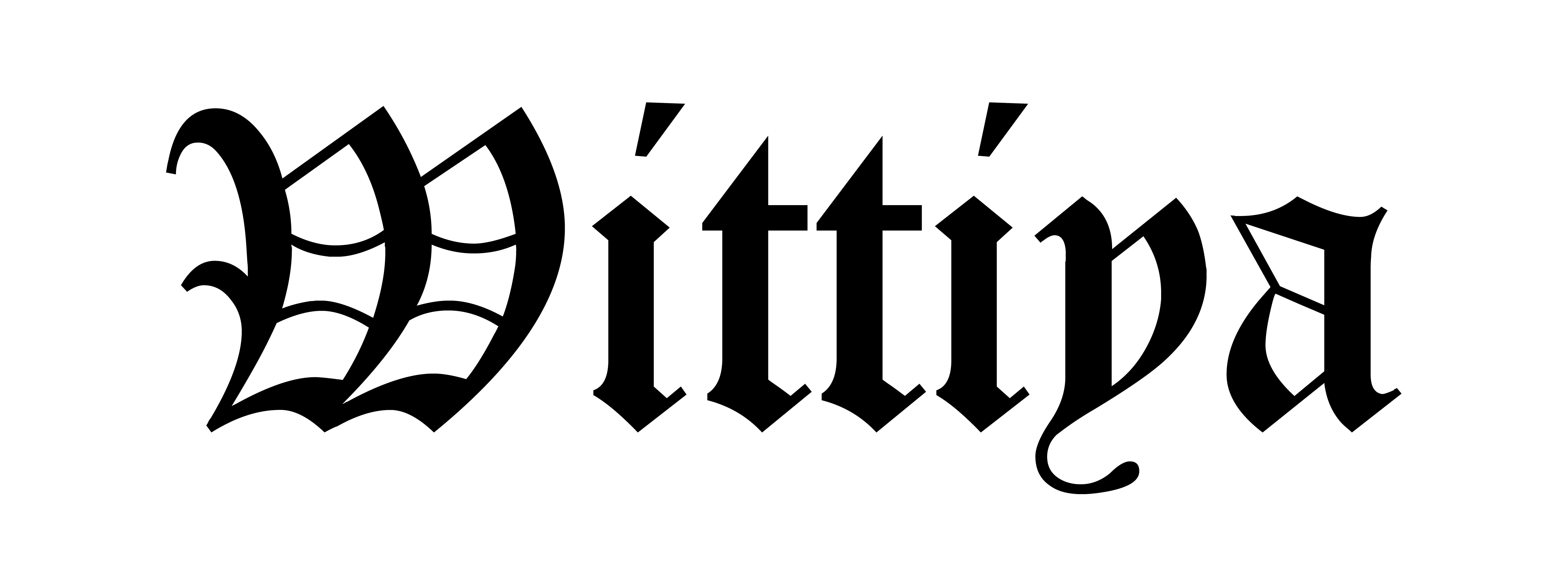On May 30, 2025, the African Development Bank (AfDB), headquartered in Abidjan, Côte d’Ivoire, will elect its new president. With funding challenges and shifting global support, five candidates from across Africa are vying to lead the continent’s largest home-grown multilateral lender into its next chapter.
The African Development Bank (AfDB), headquartered in Abidjan, Côte d’Ivoire, is set to elect its new president on May 30, 2025. As Africa’s largest home-grown multilateral financial institution, the AfDB plays a crucial role in funding infrastructure and development projects often deemed too risky by private investors. Established in 1964, the bank promotes sustainable economic growth and reduces poverty across the continent.
Five prominent figures are in the race, each presenting unique approaches to navigate growing concerns, including international aid cuts, climate change, and regional underdevelopment.
Sidi Ould Tah – Mauritania
Former president of the Arab Bank for Economic Development in Africa and Mauritania’s ex-finance minister, Sidi Ould Tah, aims to deepen financial ties with oil-rich Middle Eastern nations. With Western nations like the US proposing sharp funding cuts—most notably President Donald Trump’s $555 million proposed reduction to the African Development Fund—Tah emphasizes unlocking untapped regional liquidity to sustain low-cost financing.
Amadou Hott – Senegal
Senegal’s Amadou Hott, formerly the AfDB president’s special envoy, supports leveraging Africa’s internal wealth. Hott estimates $4.5 trillion in domestic assets lie untapped across individual, pension, and sovereign wealth funds. He also supports the establishment of an African rating agency to help regional governments secure more favorable borrowing terms.
Abbas Mahamat Tolli – Chad
Former governor of the Bank of Central African States, Tolli prioritizes climate resilience, food security, and critical infrastructure. Tolli advocates private sector involvement to bridge the region’s $150 billion infrastructure funding gap, stating that traditional multilateral resources are insufficient for Africa’s scale of development needs.
Swazi Tshabalala – South Africa
Tshabalala, previously the AfDB’s vice president, seeks to make the bank’s focus more selective and results-oriented. If elected, she would be the first woman to lead the institution. Her agenda includes accelerating infrastructure investment and rallying support from non-regional partners such as Japan, South Korea, Saudi Arabia, the UK, and Germany.
Samuel Maimbo – Zambia
Currently a vice president at the World Bank, Maimbo has led significant fundraising initiatives, including a record $93 billion for the world’s poorest countries in 2021. Backed by the Southern African Development Community and COMESA, Maimbo promises to maintain US engagement and spearhead the AfDB’s upcoming $25 billion replenishment round. He emphasizes support for job-creating sectors like Africa’s film industry to engage its youth.
To secure the presidency, a candidate must obtain at least 50% of the vote from African member countries and 50% of the total votes from all 81 AfDB member states. Voting power is based on each nation’s capital share in the bank.
The election outcome will shape the trajectory of Africa’s development financing for the next five years, as the continent seeks stable leadership amid global economic uncertainty.




